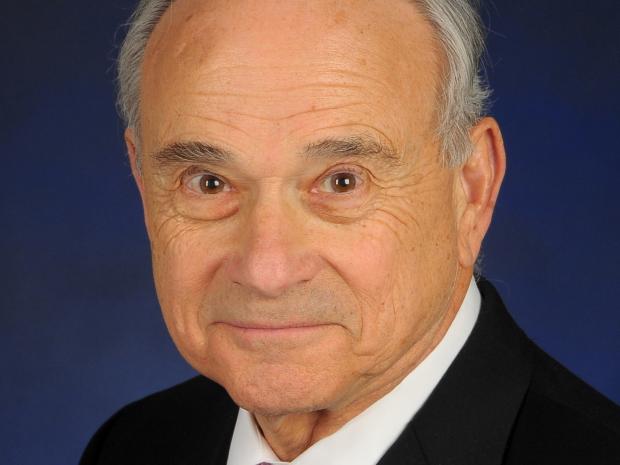Robust Estimators for Linear Dynamic Systems Based on Additive Cauchy Uncertainty

Robust Estimators for Linear Dynamic Systems Based on Additive Cauchy Uncertainty
Jason L. Speyer
Mechanical and Aerospace Engineering Department
UCLA
A new class of implementable real-time vector-state estimators for linear dynamic systems based on additive heavy-tailed Cauchy process and measurement noises is discussed. The estimation methodology for a vector-state, linear dynamic system with additive Cauchy noises was addressed by developing a recursion for the analytic measurement update and propagation of the character function of the unnormalized conditional probability density function (ucpdf) of the state given the measurement history. Other than the Kalman filter, the current estimation paradigm that is based on the light-tailed Gaussian pdf, this Cauchy estimator stands alone in being the only other estimator for linear multi-variable systems, which has an analytic recursive structure. This Cauchy estimator resolves efficiently un- certainties due to an impulse in the measurement or process noises. In fact, in contrast to the Kalman filter, the conditional probability density function for the Cauchy system is not always unimodal. The currently available results for estimator entail significant numerical complexities due to the rich analytic form of the characteristic function of the ucpdf, which produces a sum of terms that grows at each measurement update. Implementable real-time vector-state estimators are determined by using approximations that are consistent with the fundamental structure of the algorithm.
Biosketch
Jason L. Speyer received the B.S. in Aeronautics and Astronautics from MIT, and the Ph.D. in applied mathematics from Harvard University. He is the Ronald and Valerie Sugar Distinguished Professor in Engineering within the Mechanical and Aerospace Engineering Department and the Electrical Engineering Department, UCLA. He coauthored, with W. H. Chung, Stochastic Processes, Estimation, and Control (SIAM, 2008), and coauthored, with D. H. Jacobson, Primer on Optimal Control Theory (SIAM, 2010). He is a life fellow of the IEEE and a fellow of the AIAA and was awarded the AIAA Mechanics and Control of Flight Award, AIAA Dryden Lectureship in Research, Air Force Exceptional Civilian Decoration (1991 and 2001), IEEE Third Millennium Medal, the AIAA Aerospace Guidance, Navigation, and Control Award, the Richard E. Bellman Control Heritage Award, and membership in the National Academy of Engineering.

